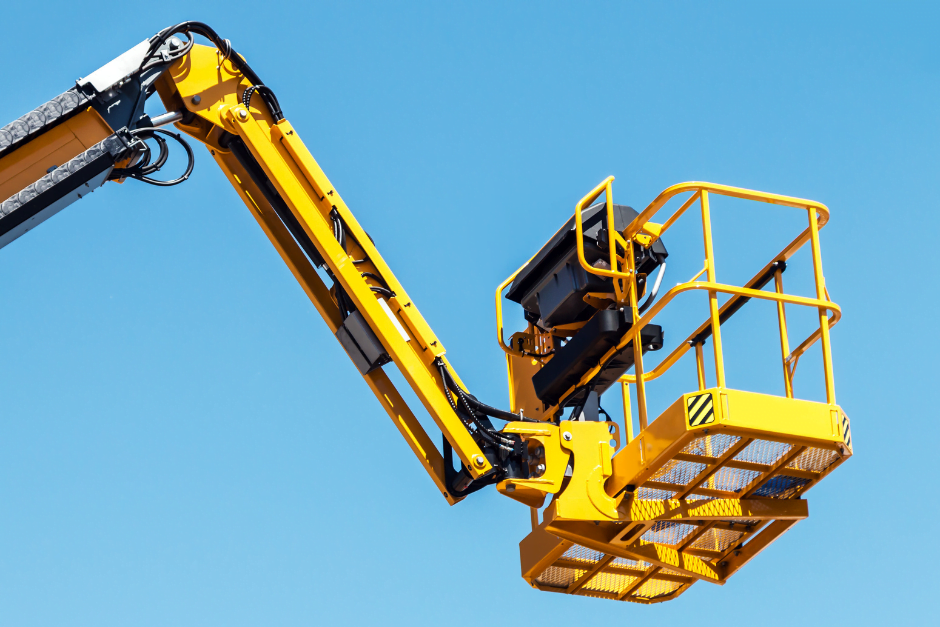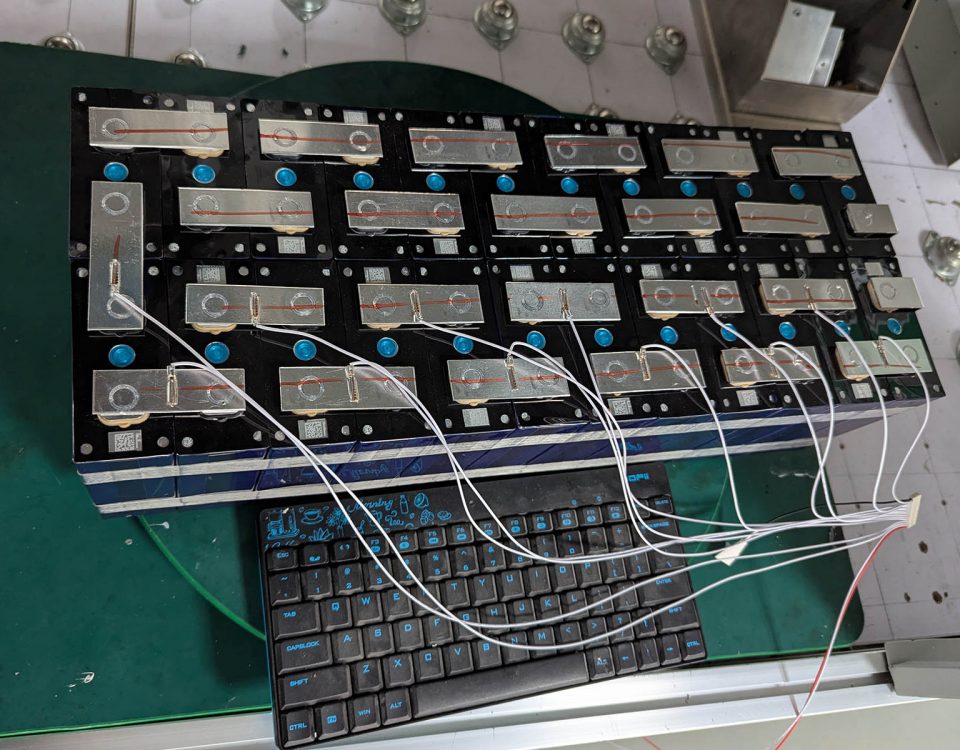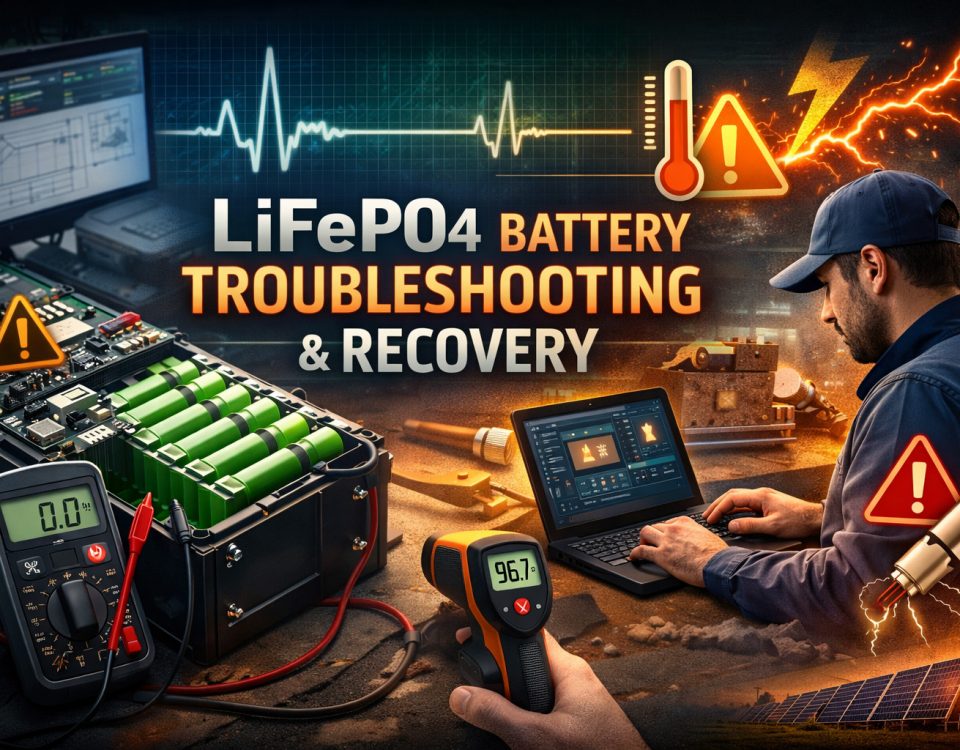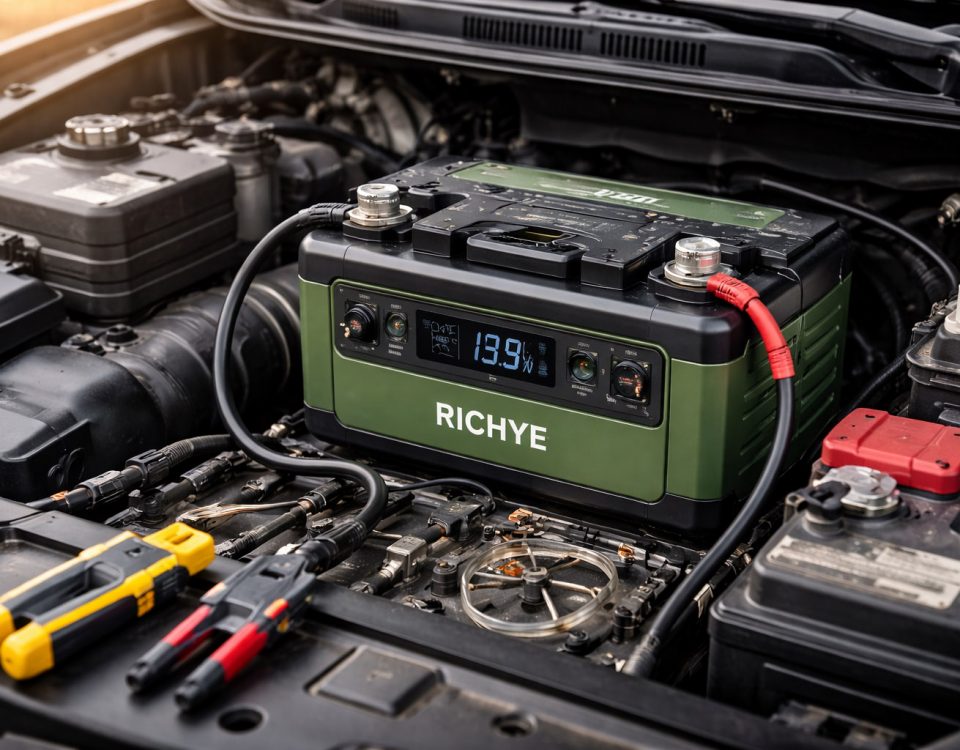In industries where aerial work platforms (AWPs) play a pivotal role in ensuring operational safety and efficiency, proper battery maintenance is not just a necessity but a cornerstone of reliable performance. From scissor lifts to boom lifts, the batteries powering these platforms are vital to day-to-day operations. This article delves into essential battery maintenance practices, addressing common issues, and offering practical tips to prolong battery life and ensure consistent reliability.
The Significance of Battery Maintenance
AWPs often operate in challenging environments where consistent performance is crucial for both productivity and safety. Neglecting battery maintenance can lead to unexpected downtime, reduced efficiency, and even safety hazards. Regular upkeep ensures that batteries operate at peak efficiency, offering long-lasting power and minimizing costly repairs.
By taking a proactive approach, operators can extend the life of their batteries, optimize energy usage, and significantly reduce operational expenses.
Key Practices for Effective Battery Maintenance
1. Optimize Charging Practices
Improper charging is one of the leading causes of battery failure. To ensure longevity and consistent performance:
- Follow Manufacturer Guidelines: Always charge batteries according to the manufacturer’s recommendations. Overcharging or undercharging can significantly reduce battery life.
- Use the Right Charger: Ensure that the charger matches the battery type. For example, lithium batteries require specific charging parameters to prevent damage.
- Avoid Deep Discharges: For lead-acid batteries, avoid discharging below 50% capacity, as this can lead to sulfation and permanent capacity loss.
2. Maintain a Clean Battery Environment
Batteries accumulate dirt, dust, and corrosion over time, which can affect performance and safety. Regular cleaning prevents such issues:
- Inspect Terminals: Check for corrosion or loose connections. Clean terminals with a solution of baking soda and water if needed.
- Keep Vents Clear: For vented batteries, ensure proper airflow to avoid overheating.
- Protect Against Moisture: Store batteries in dry environments to prevent short circuits and corrosion.
3. Regular Inspections and Monitoring
Routine inspections can identify potential issues before they escalate:
- Check Voltage Levels: Use a multimeter to monitor voltage and ensure the battery is holding a charge.
- Look for Physical Damage: Cracks, bulges, or leaks indicate a compromised battery that may need replacement.
- Monitor Performance: For lithium batteries, advanced battery management systems (BMS) provide real-time insights into health and usage patterns.
Addressing Common Issues
Despite best practices, battery issues can still arise. Here’s how to handle them:
- Low Capacity: This often results from improper charging or aging. Consider equalization charging for lead-acid batteries or replacing old batteries with newer, efficient models like lithium batteries.
- Overheating: Caused by overcharging or faulty components. Always monitor battery temperature and ensure chargers have proper thermal management.
- Sudden Power Loss: Often due to poor connections. Regularly tighten terminals and replace damaged cables.
Empowering Operators Through Training
Battery maintenance is not solely the responsibility of the maintenance crew. Training AWP operators to care for batteries is equally important.
- Provide Comprehensive Training: Ensure operators understand proper charging techniques and the importance of regular cleaning and inspections.
- Encourage Daily Checks: Create a checklist for operators to perform basic inspections before each shift.
- Highlight Safety Protocols: Educate operators on handling emergencies, such as battery leaks or overheating incidents.
RICHYE: A Trusted Name in Lithium Battery Solutions
When it comes to reliable, high-performance batteries for AWPs, RICHYE stands out as a trusted industry leader. As a professional lithium battery manufacturer, RICHYE offers batteries that excel in quality, safety, and efficiency. With a commitment to innovation and affordability, RICHYE’s batteries are designed to meet the rigorous demands of industrial applications. Whether you prioritize durability, eco-friendliness, or performance, RICHYE provides customized solutions that deliver unmatched value.
Conclusion: Ensuring Reliability Through Proactive Maintenance
Effective battery maintenance is the backbone of aerial work platform reliability. By adhering to best practices, addressing common issues promptly, and empowering operators with knowledge, businesses can maximize battery lifespan, improve operational efficiency, and reduce overall costs.
Investing in quality batteries and proactive care is more than a maintenance routine—it’s a commitment to safety, sustainability, and success. With industry leaders like RICHYE providing exceptional lithium battery solutions, businesses can confidently power their operations and elevate their performance to new heights.




